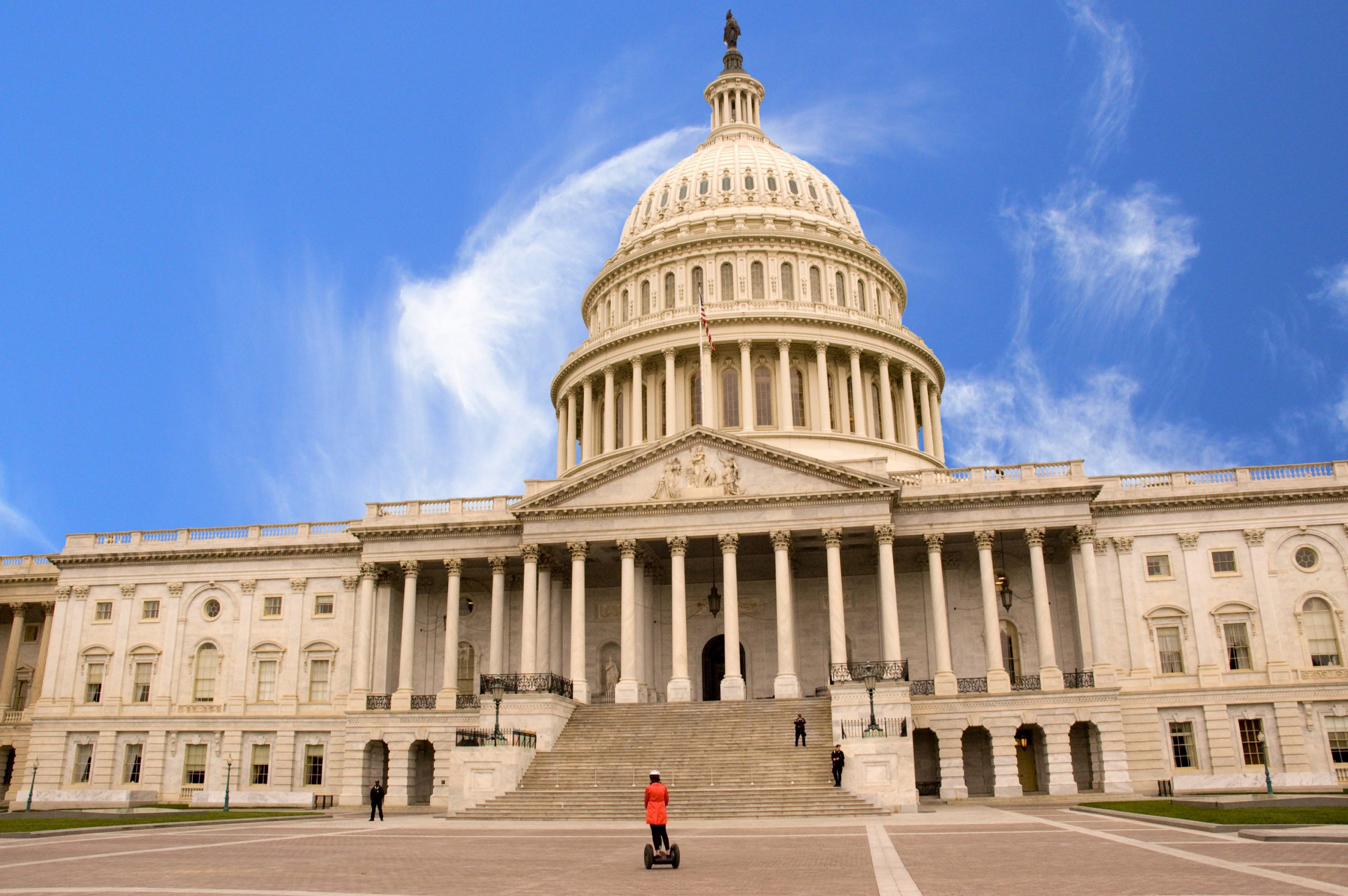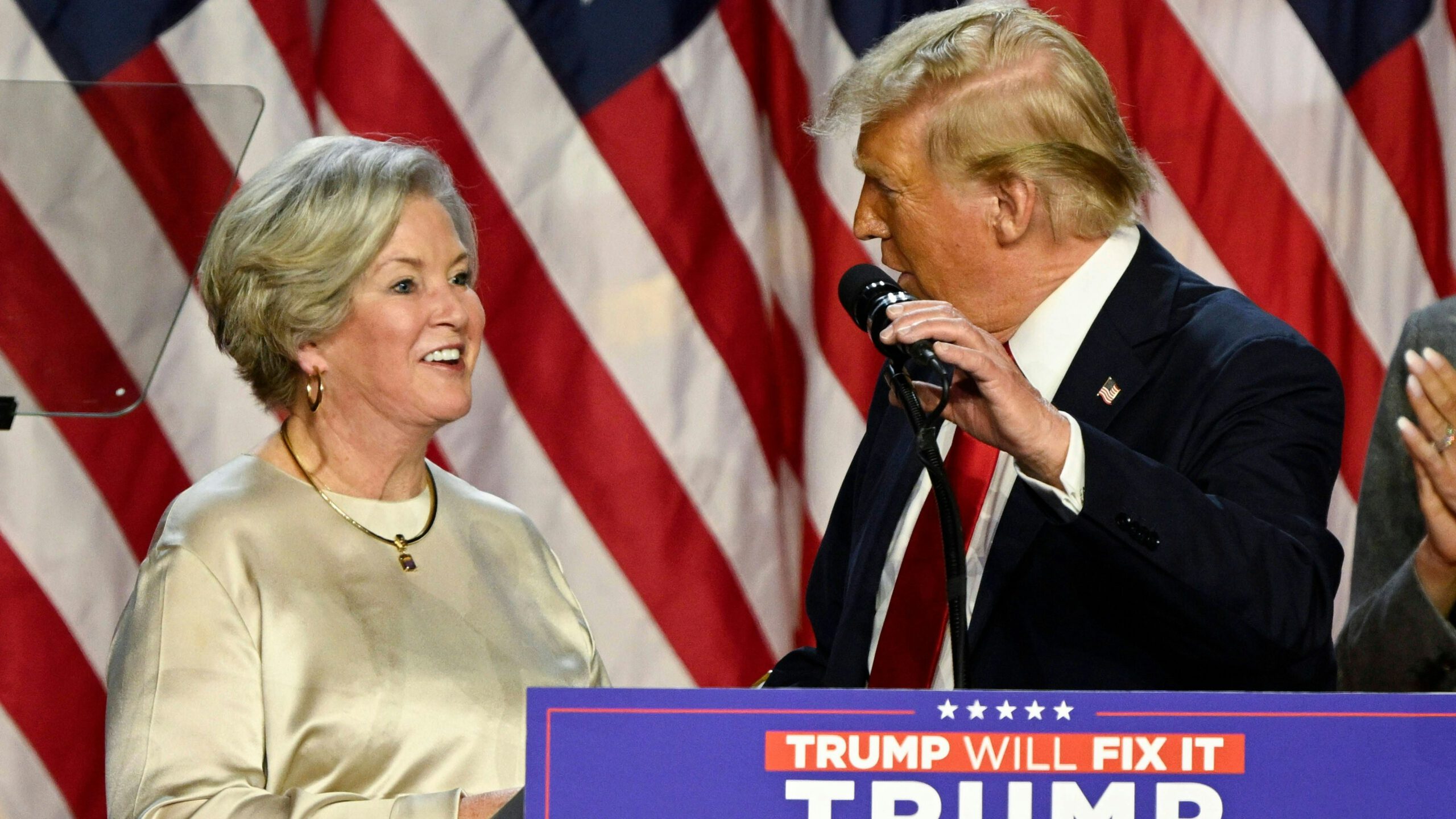Crypto’s regulatory limbo has paralyzed institutional adoption for years, but the Senate Agriculture Committee’s new draft bill finally maps clear jurisdictional boundaries. This bipartisan effort from Chair John Boozman and Senator Cory Booker doesn’t just shuffle agency responsibilities—it creates the legal framework that could unlock billions in sidelined institutional capital.
The draft explicitly classifies bitcoin and ether as “digital commodities” under CFTC jurisdiction, ending years of regulatory ping-pong between agencies. Think of it like getting a definitive answer on whether your favorite streaming service counts as a utility or entertainment—suddenly, everyone knows the rules. The CFTC gains expanded authority over spot markets and intermediary operations, marking a significant power shift from the SEC’s previous dominance.
Crypto firms operating multiple functions face new separation requirements mirroring traditional finance. Exchanges, brokers, and custodians may need distinct corporate structures, reducing conflicts of interest that have challenged the industry. Token listing standards also tighten, allowing only digital commodities “not readily susceptible to manipulation”—a direct shot at the scam-heavy corners of crypto markets.
Industry leaders see institutional game-changing potential. “It’s the most consequential roadmap for how an institution is going to integrate digital assets,” according to the Digital Chamber’s Cody Carbone. Bitwise’s Juan Leon noted it “provides the legal certainty required to move assets into a formal, strategic allocation.” Compliance teams finally get answers they’ve been demanding for years.
Reality check: this remains a discussion draft with bracketed sections covering unresolved issues like DeFi protocols and anti-money laundering provisions. These unresolved classifications could affect everything from automated market makers to yield farming protocols, where the line between centralized control and decentralized operation remains blurry. The committee wants feedback before consolidating with Senate Banking Committee legislation for a unified regulatory regime. Final passage looks unlikely before early 2026, assuming political winds don’t shift.
The draft represents more than regulatory housekeeping—it acknowledges crypto as permanent infrastructure in global finance. After years of regulatory enforcement actions, lawmakers are building actual guardrails. Crypto investments might finally get the institutional legitimacy that turns speculative allocations into strategic ones, assuming Congress can actually deliver on this ambitious framework.






























